Nigeria spent N947.51 billion on petrol subsidy within the first four months of this year, as rising crude oil price eats into the revenue generation of the country, surging by 55.7%, to rise from $78.98 to $122.99 between January to April, amid Russia and Ukraine war.
The invasion of Ukraine by Russia had led to an ongoing war between both countries, and in support, United States and other European countries had sanctioned Vladimir Putin’s oil export, causing oil price to soar.
Join our WhatsApp ChannelThis increased the total cost of importing petrol into the country to N1.51 trillion, according to the National Bureau of Statistics (NBS) first quarter 2022 report, in contrast to the N1.44 trillion disbursed in Q4 2021.
Due to the skyrocketing price, in January, the Nigerian National Petroleum Company (NNPC) Limited paid N210.38 billion as subsidy for imported petrol into the country, NNPC Federation Account Allocation Committee May report disclosed.
The figure increased in February, as the government-owned oil company paid N219.78 billion. There was a significant hike in the cost of subsidy in response to soaring oil price in March and April, as NNPC parted with N245.77 billion and N271.58 billion to bring petrol into the country.
The high cost of subsidy is affecting the revenue of Nigeria, as the country is already spending 96% of its turnover to service domestic and external debt, which rose to N41.60 trillion in the First Quarter (Q1) of 2022.
According to the Debt Management Office (DMO), the Nigerian government borrowed N2.04 trillion within January to March this year. As of December 2021, the public total debt was placed at N39.56 trillion.
As of April, Nigeria’s public debt to GDP (Gross Domestic Product) is 23.27%, and it is expected to rise to 44.2% in 2027, and with the rising oil price cutting NNPC’s earnings, the company plans to deduct N874.5 billion from its May earnings, meant to be remitted to FAAC in June.

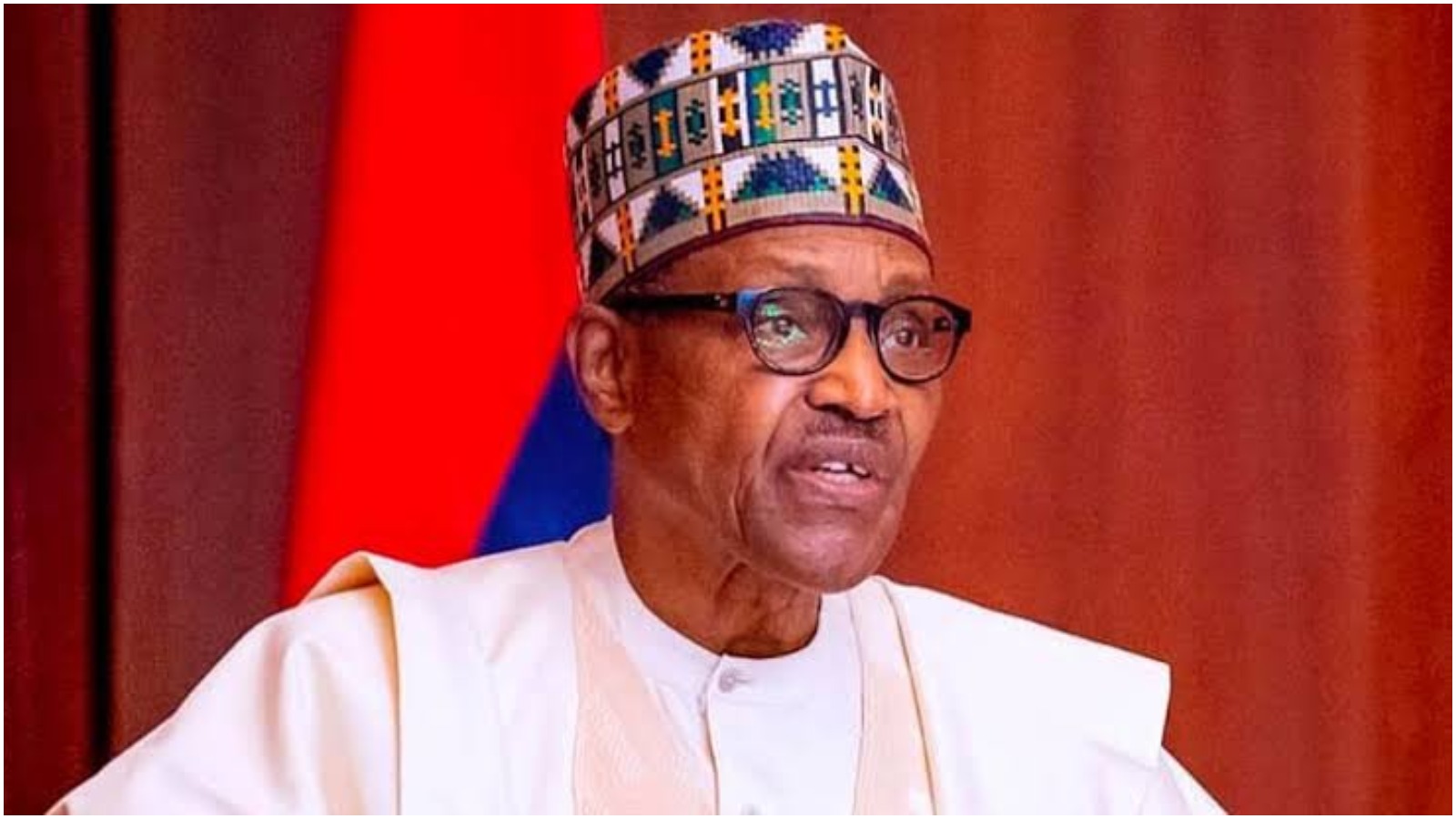

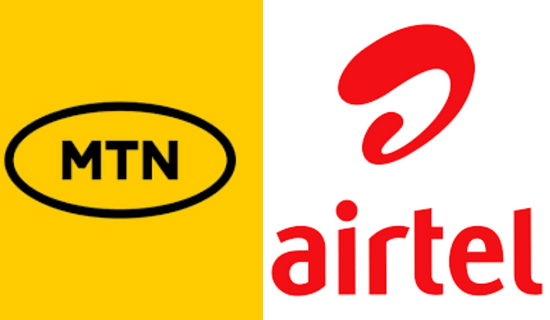




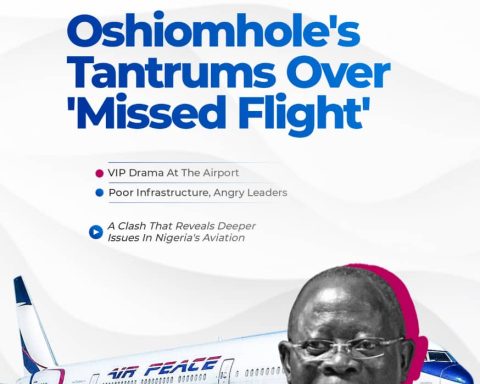

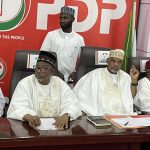



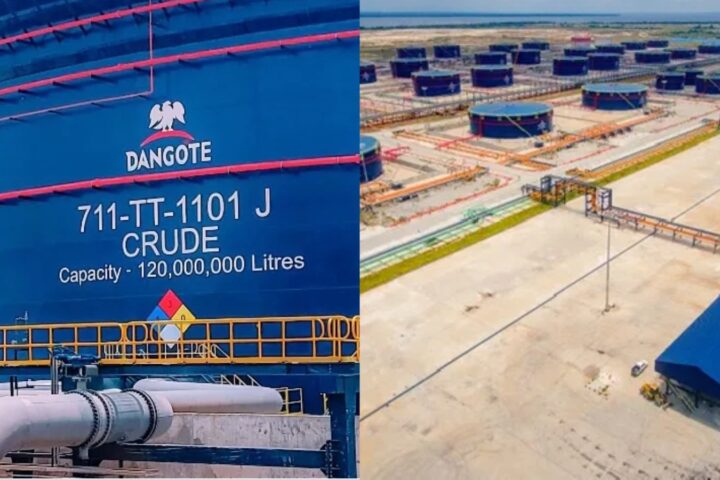

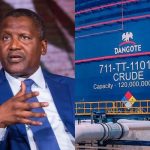
Follow Us